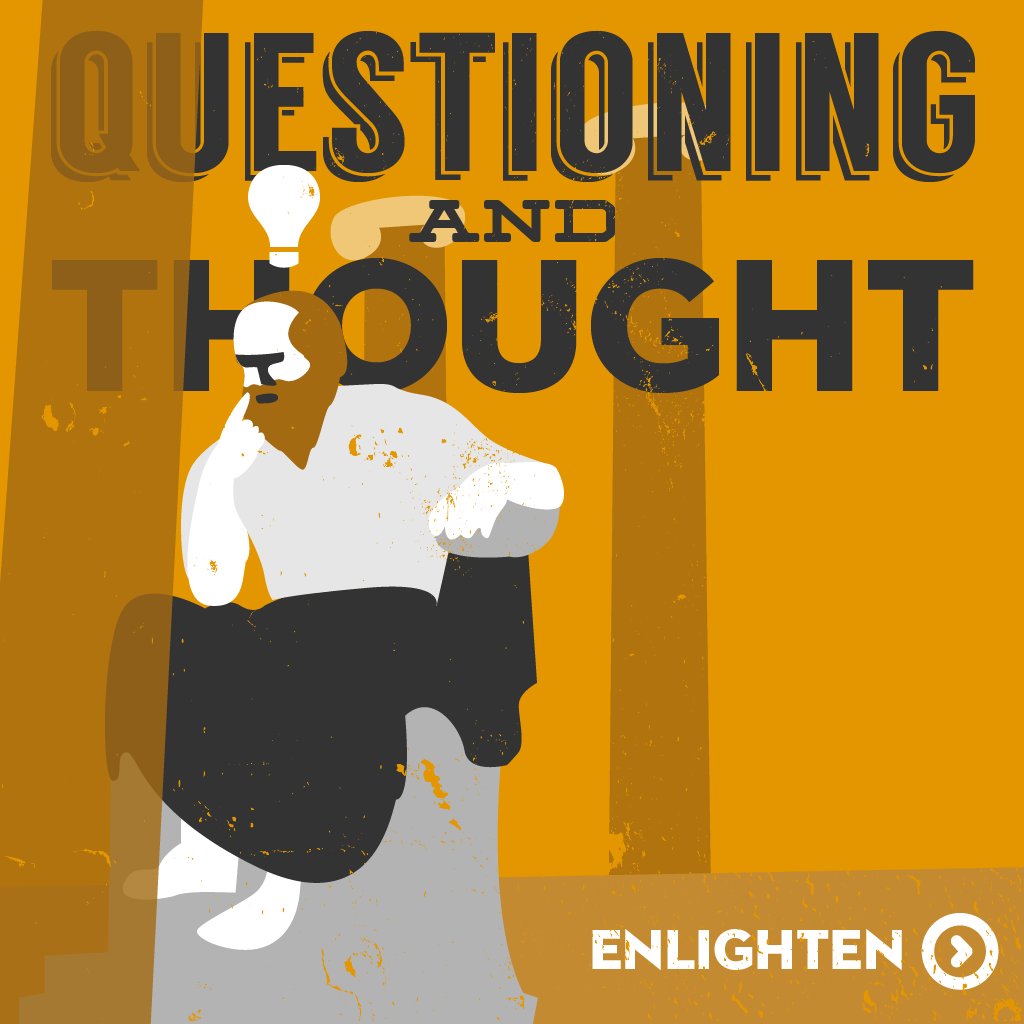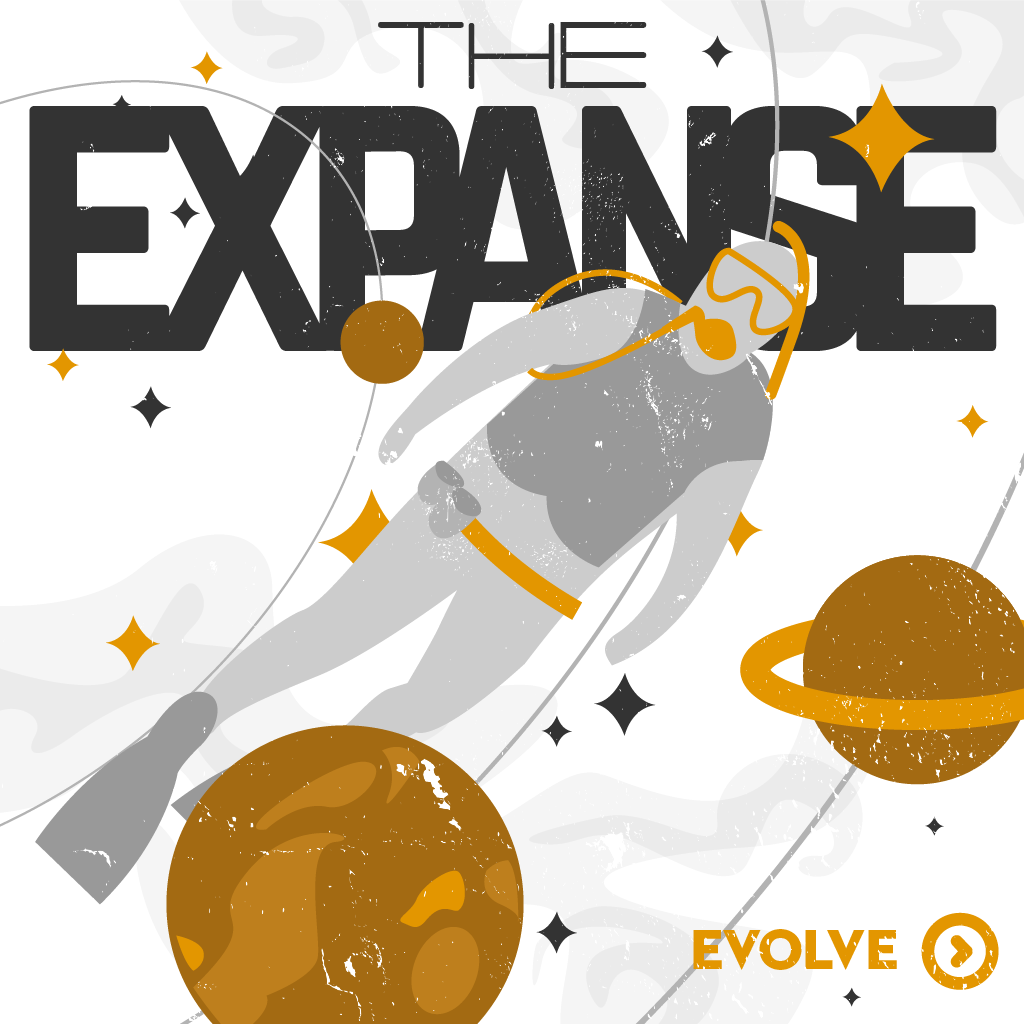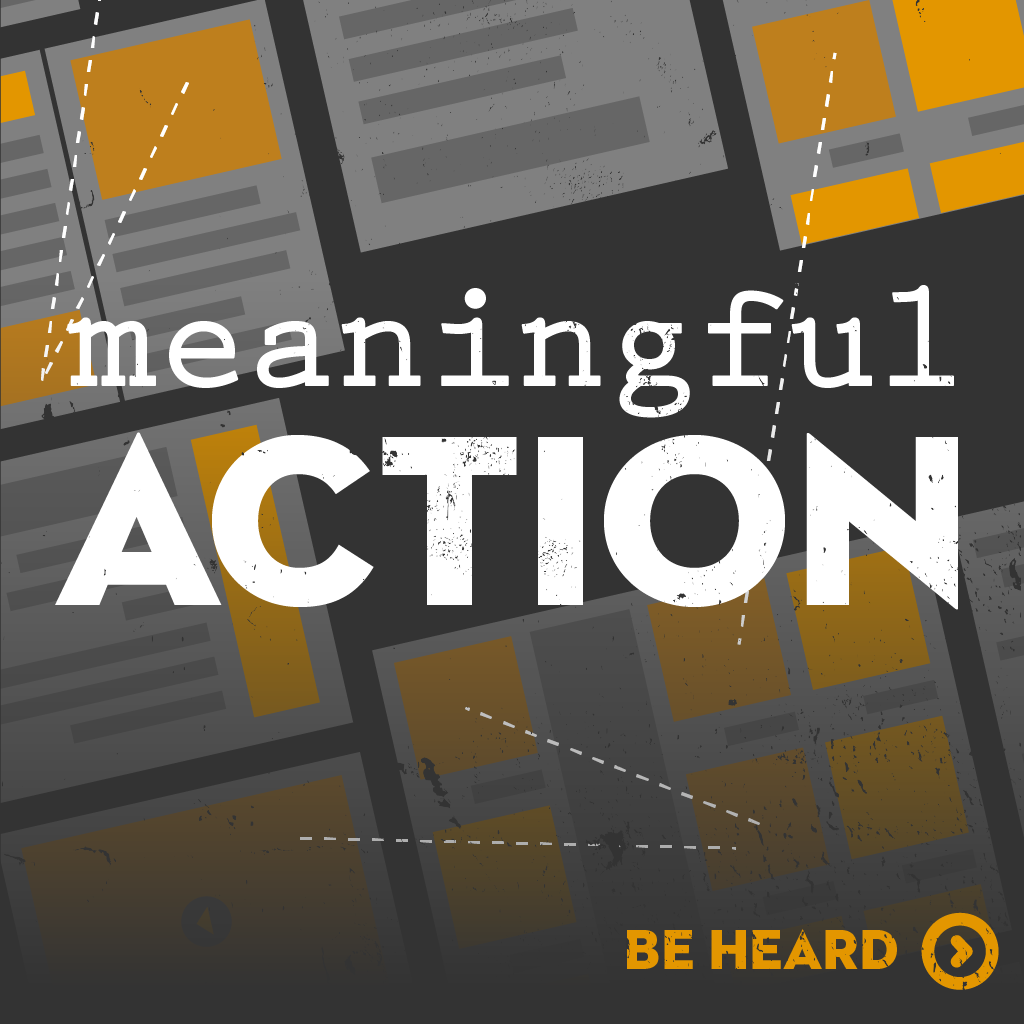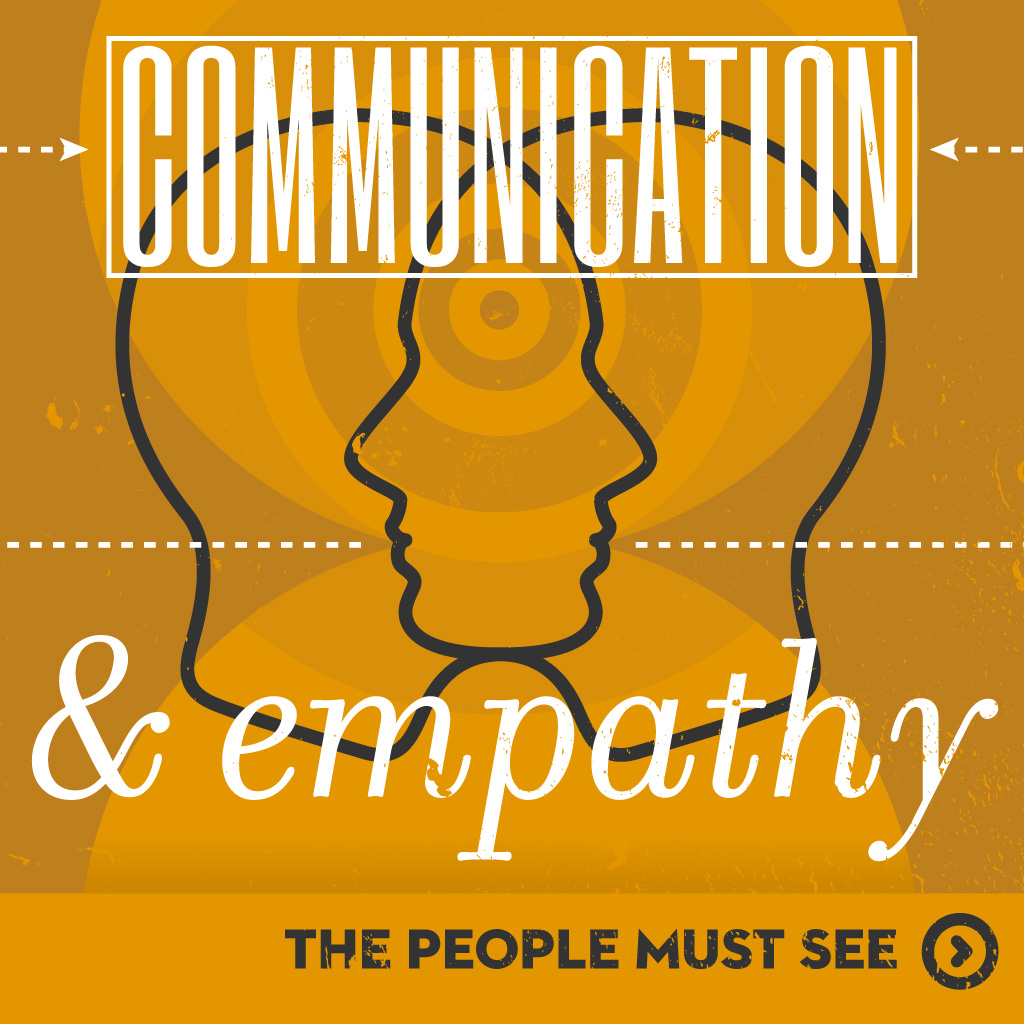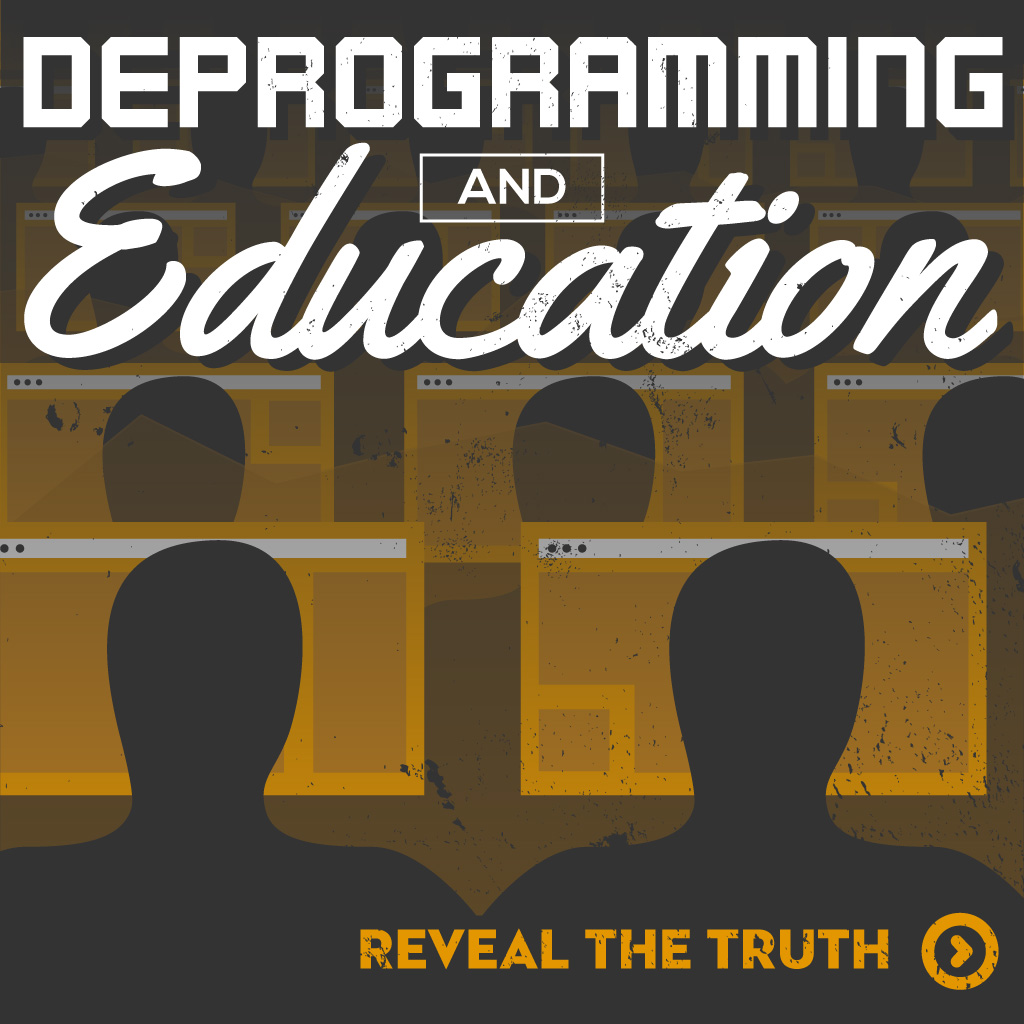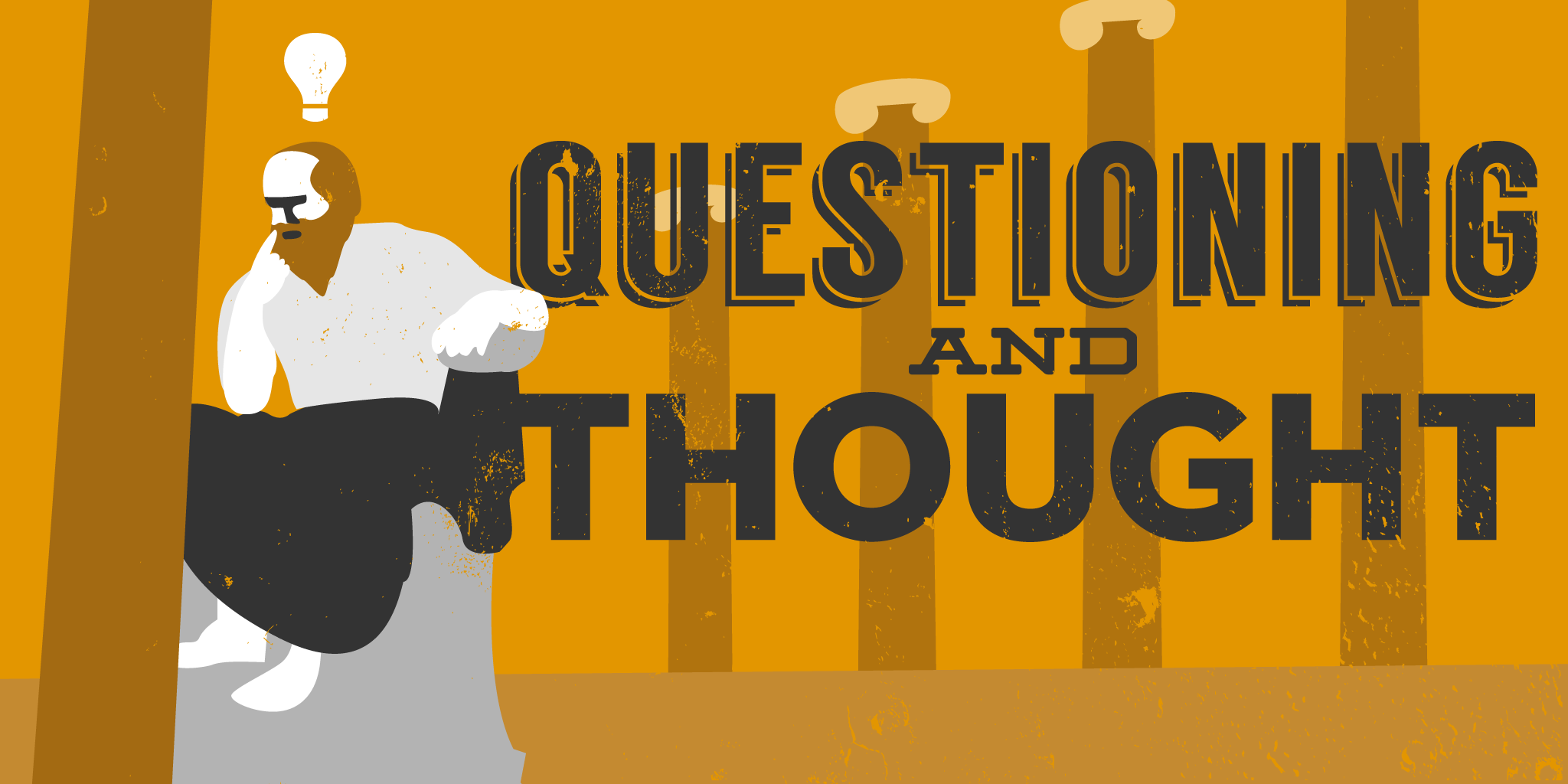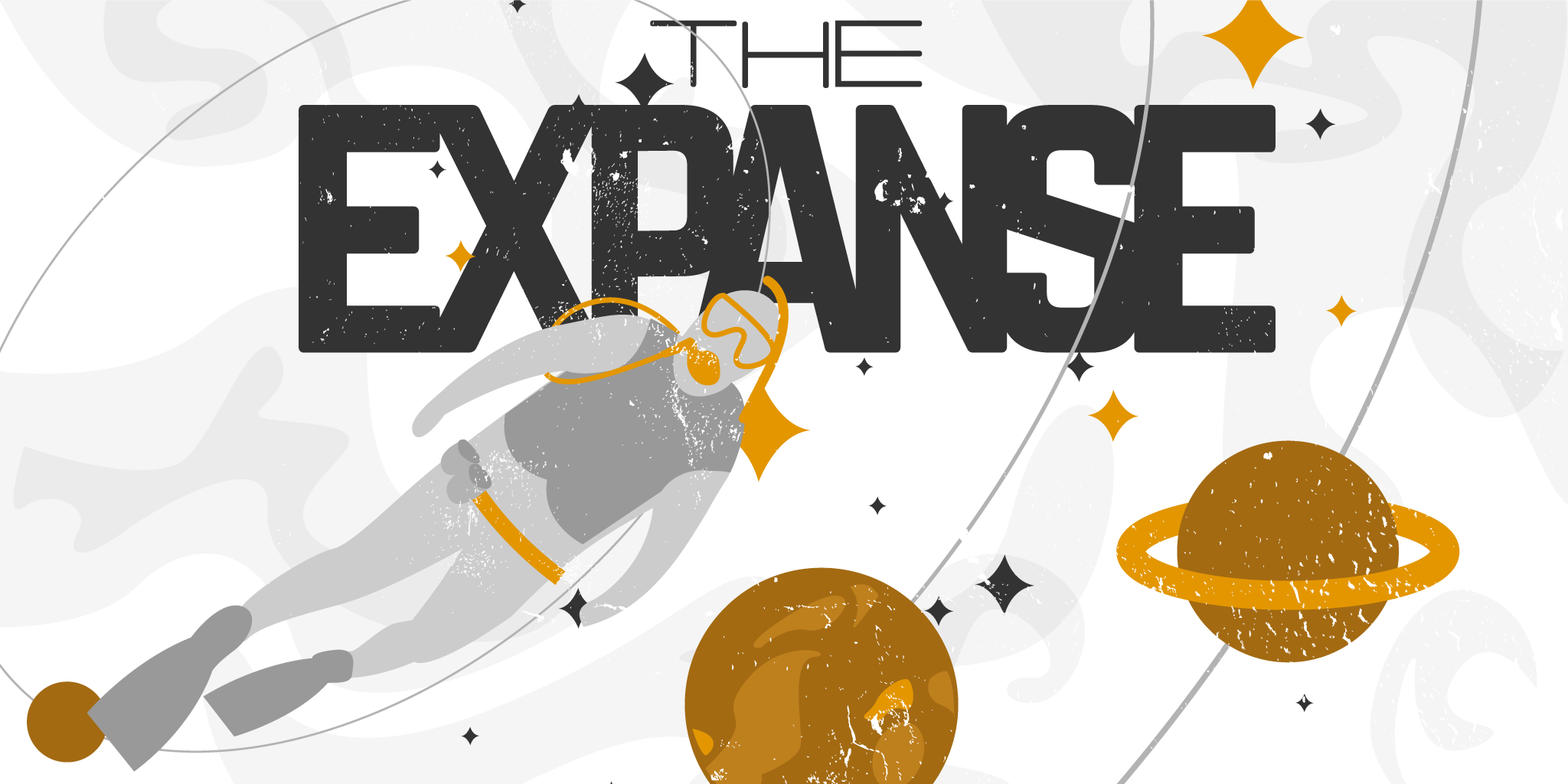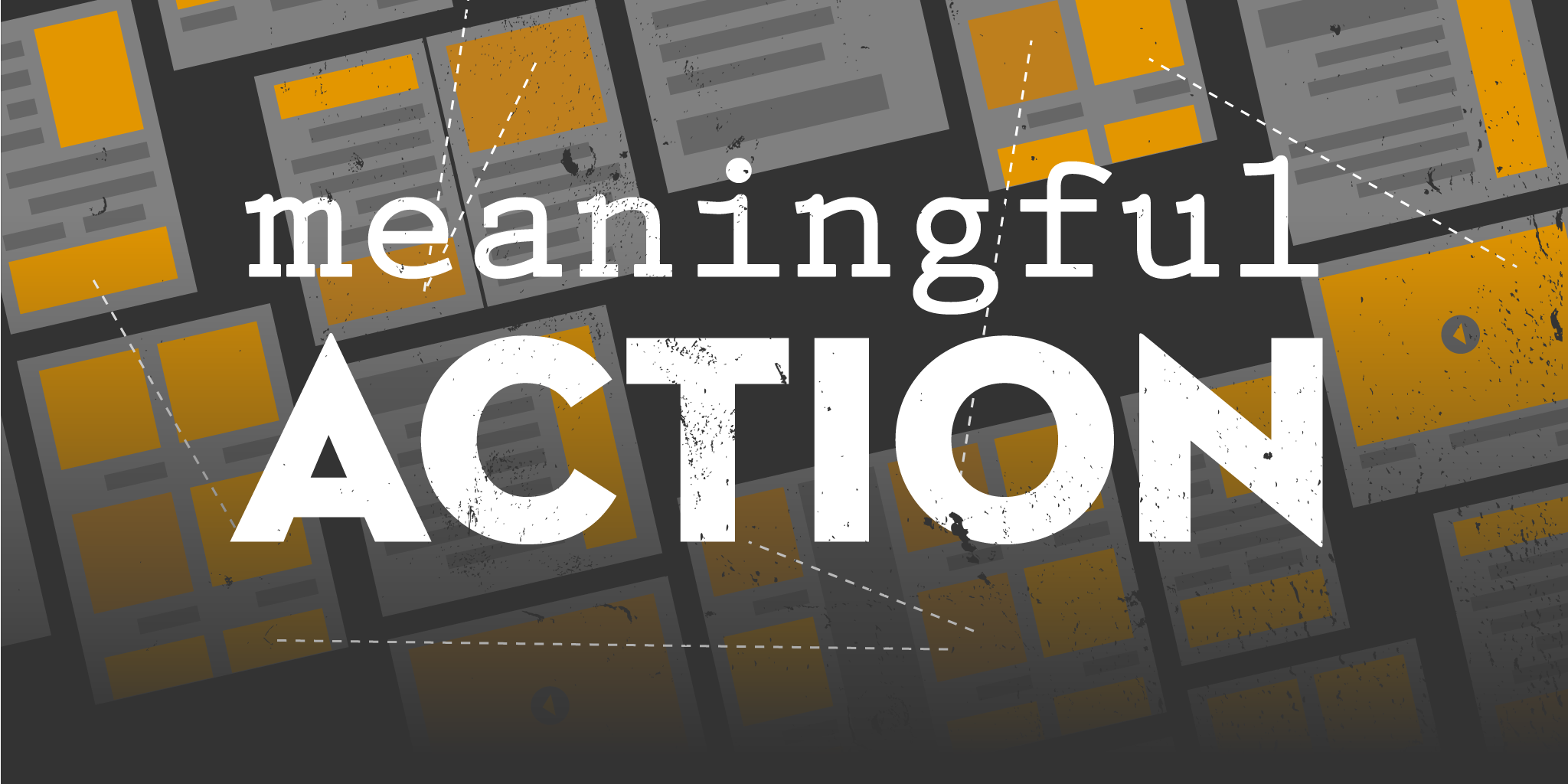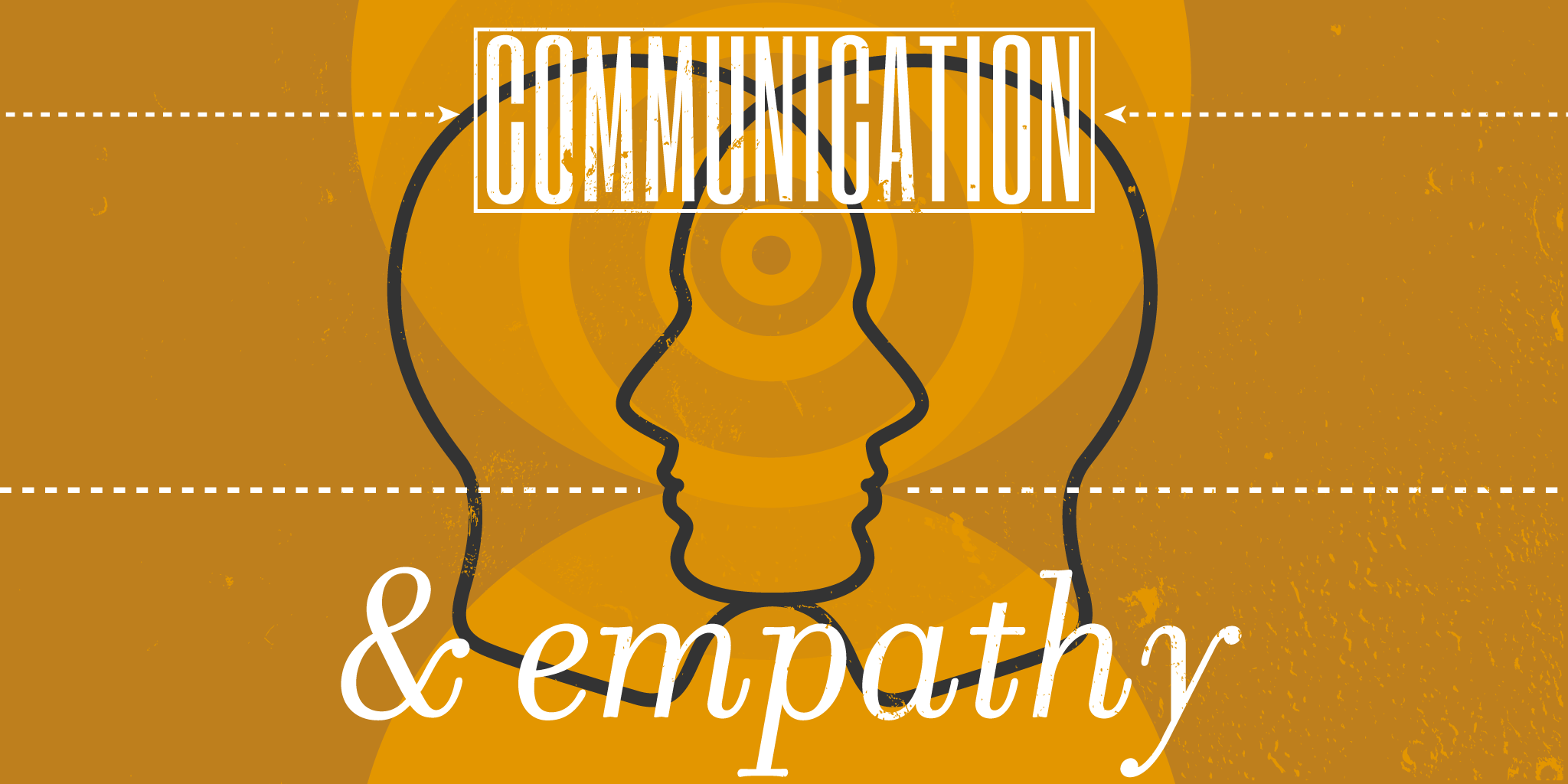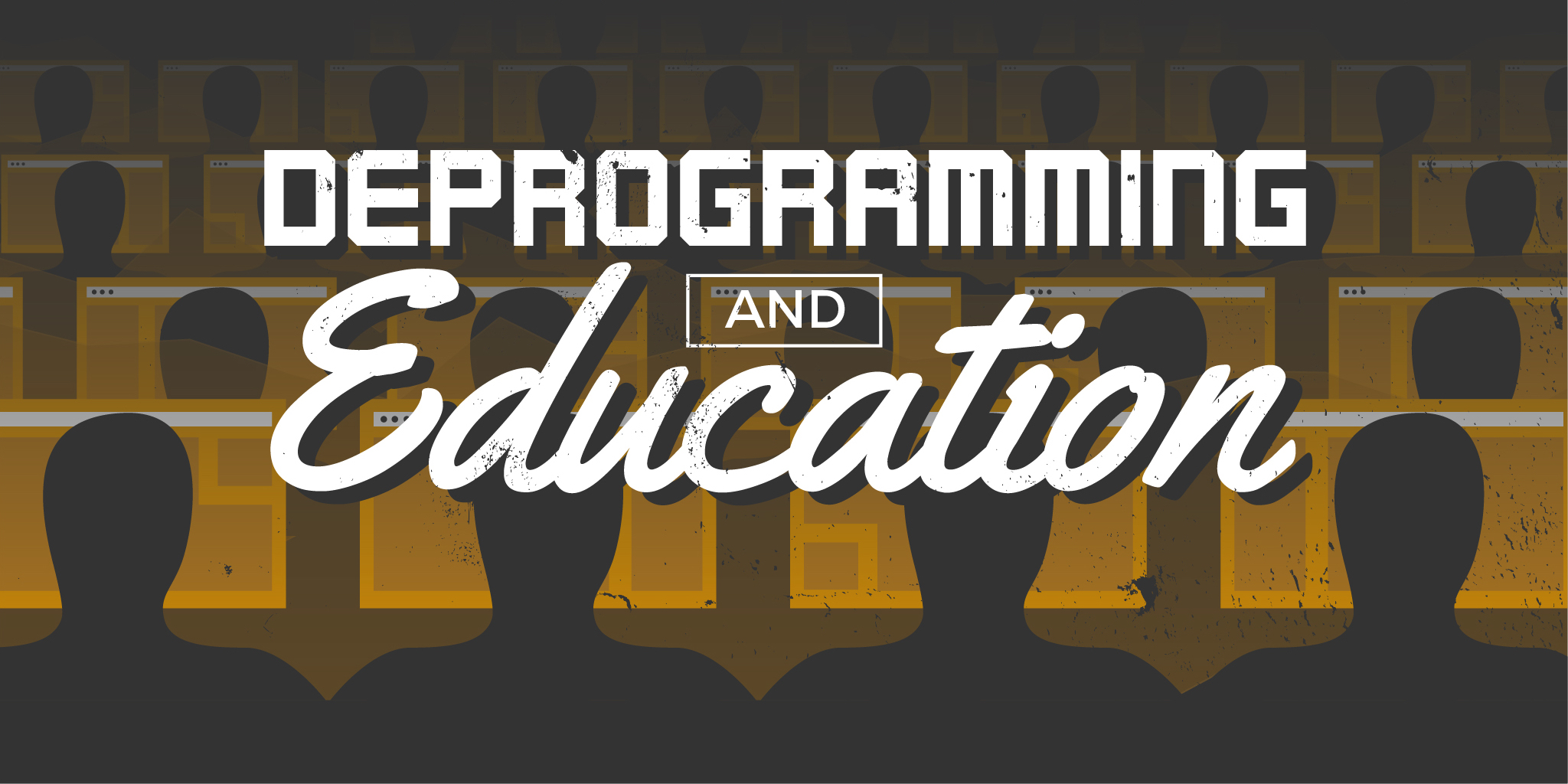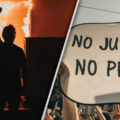What is meaningful action?

There is a silence in this country that is deafening to anyone familiar with the vision that the founders had–a system that facilitated a long term continuous and evolving debate of ideals. The atmosphere they created as an example was a stage where arguments were structured to convince your adversary of the fallacy of their logic or the wisdom of your own viewpoint. It was an accepted baseline that we would have disagreements and that we would debate and compromise our way through it, just like they did.
This conversation, this great debate, has been smothered by what partisan politics has turned into a propaganda machine
This conversation, this great debate, has been smothered by what partisan politics has turned into a propaganda machine built to cause outrage and hate toward anyone not sharing the same ideology. This outrage has stopped the conversations that once connected us and has polarized our opinions, driving us even further apart. When we cannot connect enough to put a familiar human face on the opinions we are fighting, the manner in which we fight becomes impersonal and even inhumane. We choose this or we choose silence because we are so outraged that we fear our anger will overcome us, and so we say nothing. The cyclical nature of this machine and our reactions to it causes us to live in such an overwhelmed and angry state that there is nothing left for listening. Without this network of debate, the sharing of ideals, and our experiences that bring us to them, we are stuck in a warlike state with each other.
But is it an illusion that we are fighting with each other–are there other actors at play? When we fight amongst ourselves we are, above all, distracted. We feel we have something tangible to focus our anger toward when we identify individuals that hold certain beliefs, yet the same anger is so potent that we don’t risk meaningful conversation, for fear of discomfort or confrontation. If we are right, if we have the truth at our disposal, then we should not fear–yet the shift in politics that has undermined the meaning of the truth has seemingly stolen this baseline.
Knowing how one can best create meaningful change begins with a very honest internal inventory. It is less important what is known, and more important to concentrate on how it is known or why an opinion is held in the first place. Was information ingested through a favorite news source, personal experience, anecdotal evidence, or a gut feeling? How reliable is each of these inputs, and when scrutinized, does your truth hold up?
Knowing how one can best create meaningful change begins with a very honest internal inventory.
It can be a terrifying feeling to realize that evidence doesn’t agree with internal feelings or beliefs that are so strong. It is understandable that we would avoid this internal conflict, however, the cost of avoidance at this point is a loss of control to corrupt power. One should feel outrage, but not at their fellow citizens. There are those of us that have the truth and those that have lies, but what everyone has in common is that they think they are right. This is the fault of the source of lies and should be where we ALL direct our anger. Directing our anger to the source of the problem disables the manipulation. We must overcome the discomfort of disagreement, use empathy to understand how one develops a different opinion than your own, and then listen to information, to scrutiny, to reason, and to facts in order to identify what is truth and what is not. Finally, we must realize that once we can agree on that truth, we are all in that truth together regardless of our many differences. These are the first meaningful actions we can take, and they are more powerful than any amount of effort we could put into a fight.



